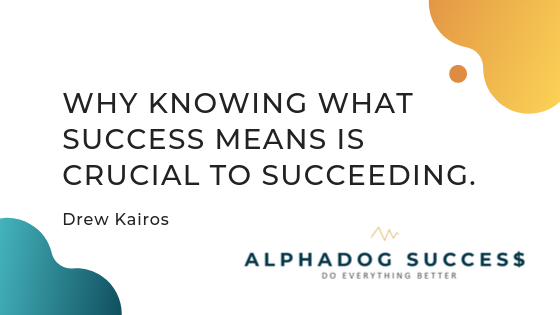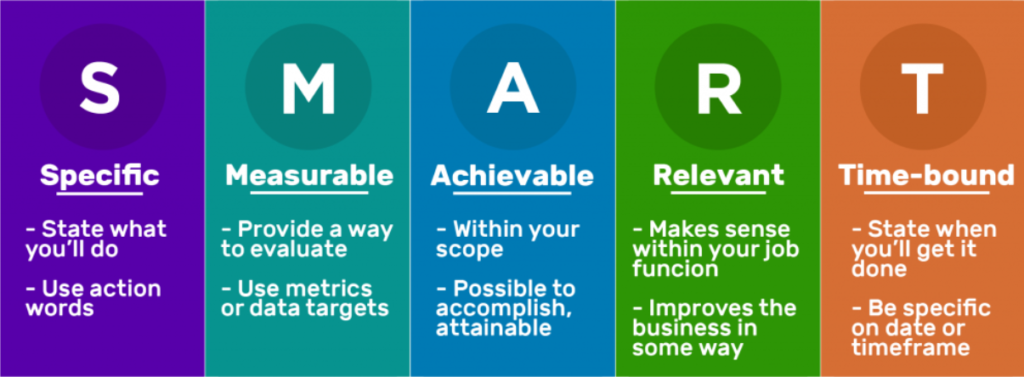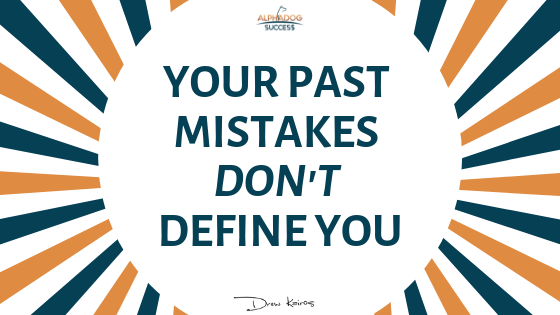The Power of the Mind: How Focus Can Change Your Life
Have you ever stopped to consider just how powerful your mind truly is? If you’re like most people, you’ve barely scratched the surface of what’s possible. The truth is, with the right mindset and focus, you can transform your entire reality. Sounds pretty incredible, right? Let’s dive into how you can harness this power to not only envision but actually achieve the life you’ve always dreamed of. Unlocking Your Mind’s Potential Why is it that some people seem to achieve everything they set their minds to, while others struggle? It’s all about how you use your mind. By learning to focus your thoughts and channel your energies towards your goals, you can turn the abstract into tangible achievements. It starts with clarity—knowing exactly what you want. What are your aspirations? What do you wish to accomplish? Once you have a clear picture, the next step is visualization. Imagine yourself succeeding, reaching those milestones, and living the life you desire. Visualization isn’t just daydreaming; it’s a focused exercise that primes your brain to recognize and pursue the opportunities needed to make your dreams a reality. The Foundation of Self-Belief Self-doubt is a goal killer. To move forward, you must believe in your potential to succeed. Have you ever noticed how doubt tends to creep in just when you’re about to take a big step? This is your mind trying to protect you from the unknown, but it’s also a barrier to success. Make a firm, conscious decision to believe in yourself. This is more than just pep talk; it’s about setting a foundational belief that you are capable of manifesting your desires. Action: The Bridge Between Dreams and Reality Knowing what you want and believing you can achieve it are crucial, but they’re nothing without action. Action is the bridge between desire and accomplishment. Every step you take towards your goals not only brings you closer to them but also builds the momentum necessary to push through challenges. How to Stay Razor-Focused in a World Full of Distractions Distractions are the thieves of time and focus. George Lucas once said, “Always remember, your focus determines your reality.” This is a profound truth in the journey toward personal success. What you concentrate on not only shapes your actions but also determines their quality and effectiveness. Simplifying Your Goals Do you feel overwhelmed by your ambitions? Are you trying to juggle too many goals at once? Start by simplifying. Narrow down your focus to a few key objectives that will make the most significant impact right now. Prioritizing is not about doing less; it’s about making the most of your efforts. Prioritizing Tasks Like a Pro Take a cue from successful figures like Alex Hormozi, who tackle only three critical tasks each day. This focused approach ensures that each task gets the attention it deserves and leads to better outcomes. If your goal is to build a successful YouTube channel, for example, prioritize tasks that will have the greatest impact—like content creation, editing, and engagement. The Power of Incremental Progress Albert Einstein famously compared life to riding a bicycle—to keep your balance, you must keep moving. This analogy beautifully captures the essence of progress. Whether big or small, every step forward is crucial. It’s about maintaining momentum and keeping your motivational fire lit. Action Without Overthinking One of the biggest hurdles to action is overthinking. Have you ever found yourself paralyzed by your thoughts? The key is to just start. Perfection can come later; what matters is the momentum. Celebrating Small Wins Every small victory is a building block to greater success. If your goal is to improve your health, start with short, manageable walks. Notice how each step makes you feel better and use that as motivation to continue expanding your efforts. Cultivating a Positive Mindset A positive mindset is your greatest ally in achieving success. It enables you to take risks, face challenges head-on, and attract better opportunities. By focusing on positive outcomes and viewing each setback as a learning opportunity, you cultivate resilience and a path towards achieving your goals. Why Focus Matters Ultimately, the power of the mind lies in its ability to focus. By directing your mental energies towards your goals, you set the stage for success. Remember, it’s not just about the destination but also enjoying and learning from the journey. So, what’s your next step? Will you allow distractions and doubts to dictate your path, or will you take control, focus on your goals, and step confidently towards your future? The choice is yours, and it starts now. Why not take that first step today?
The Power of the Mind: How Focus Can Change Your Life Read More »










